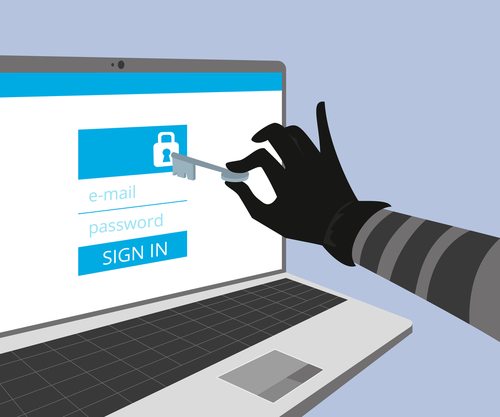As of September 2015, there were 1.55 billion monthly active Facebook users worldwide. That is a bunch of people for criminals to target and a ton of opportunity for cyber crime of all sorts. Even though Facebook has changed they way the world communicates, there is a dark side to the popular social media service. Criminals use Facebook for crime. Still, there are simple ways to protect from becoming a victim. First, knowing what to look for will save you a bunch of heartache. Second, making a few minor changes will make it harder for the criminals to get you.
The Most Common Facebook Cyber Crimes
- Identity Theft
Frank Abagnale, the conman-turned-FBI agent whose life was portrayed by Leonardo DiCaprio in the blockbuster movie “Catch Me If You Can,”warned about the proliferation of identity theft on Facebook. If the guy known as the “World’s Greatest Conman” is worried, then you should be too. Criminals usually mine Facebook profiles for information that can be used to hack email accounts, which can give them access to a plethora of sensitive accounts. From there, they steal your identity and drain your bank accounts. Not fun for you.
- CyberStalking
Cyberstalking is a relatively new crime – the first person to be charged with cyberstalking in the United States was Robert James Murphy, and that only happened in 2004. Therefore, there isn’t an agreed upon definition. According to Cyber Angels, an online division of the infamous Guardian Angels, “Stalking is defined as repeated harassing or threatening behavior.” This happens quite often on Facebook and can lead to dangerous situations for both involved. For a chilling case study, read about how Jason Smith used social media to terrorize Alexandra Scarlett.
- Scams
There are numerous scams that cycle through Facebook and each one has a twist. They are usually rather easy to identify because they are often too good to be true. Take for instance the recent flurry of people who reposted the message that Mark Zuckerberg, Facebook’s billionaire CEO, was giving money to a lucky few Facebook users. All they had to do to get a chance at “winning” the cash was to repost a fake message from Zuckerberg. You saw it, and so did criminals. In fact, security professionals believe the “Zuckerberg giveaway,” and postings like it, are used by criminals to locate potential victims.
How to Protect from Facebook Cyber crimes
- Don’t Over Share
The more info you divulge, the more information criminals have to use for cybercrime. Pull back the reigns a little on posting everything about your life – especially locations, information about your children and personal data.
- Tweak Your Name
Ignore Facebook’s policy about providing your real name and alter it just a bit in order to make it harder for criminals to identify who you really are. To accomplish this, add a fake middle name or misspell your real name.
- Lock Down Your Account
Facebook has privacy settings that can help keep cyber criminals at bay, use the settings.
- Monitor your Credit and Identity
No matter how much you do, there is always a chance that you will become a victim of cyber crime so it is best to use a service like LifeLock to monitor your identity for you. Don’t be pennywise and pound foolish with this step.

